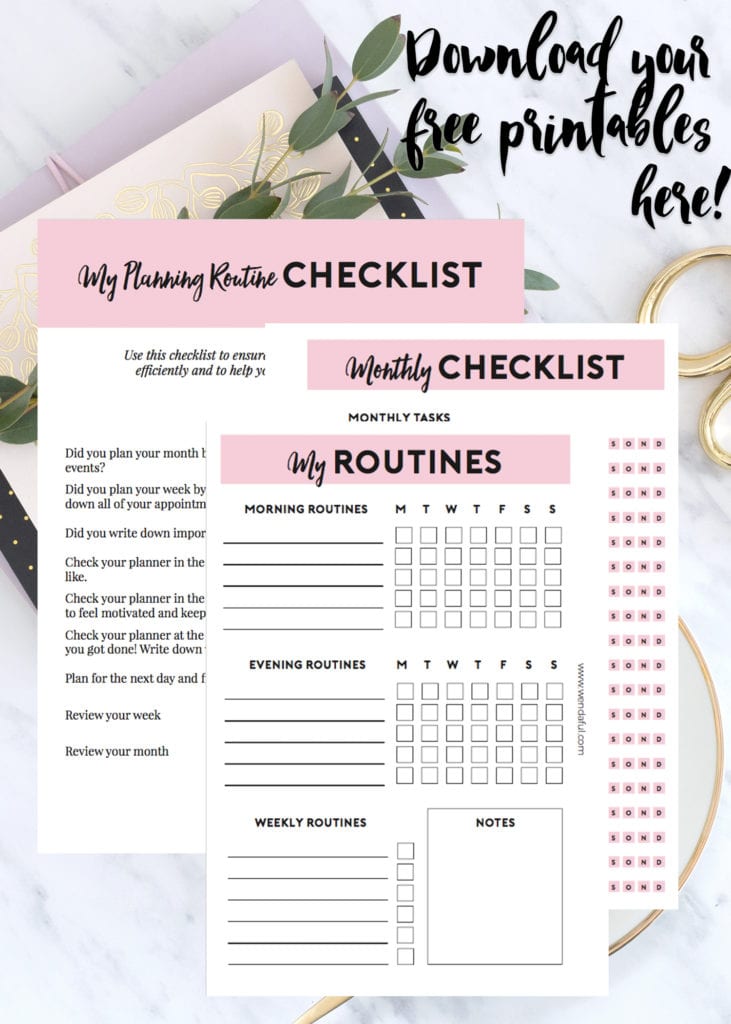Creating a morning routine that works for you can be the difference between a day filled with productivity and one that feels like an uphill battle. Many successful entrepreneurs, freelancers, and even beginners in self-improvement swear by their morning rituals—not because they follow a rigid set of rules, but because they’ve crafted habits that align with their personal and professional goals.
Why Mornings Matter More Than You Think
The way you start your day often dictates how the rest of it unfolds. If you wake up rushed, distracted, or sluggish, chances are you’ll carry that energy into your work. On the other hand, a structured morning routine can help you set intentions, gain clarity, and build momentum.
Research from sources like Harvard Business Review suggests that early risers tend to be more proactive and better at problem-solving. But waking up early isn’t the only key, it’s what you do with those precious morning hours that counts.
Step 1: Define What Success Looks Like for You
Before you start setting alarms at 5 AM or forcing yourself into meditation, take a moment to reflect: What does success mean in your daily life?
- If you’re an entrepreneur, maybe it’s about carving out time for strategic thinking before emails take over.
- If you’re a freelancer, perhaps it’s starting the day with deep work to avoid distractions later.
- If you’re just beginning, maybe it’s about consistency—simply getting into a rhythm that feels sustainable.
There’s no one-size-fits-all approach. Your morning routine should reflect your personal and professional priorities.

Step 2: Start Small and Build Gradually
One of the biggest mistakes people make is trying to overhaul their entire morning all at once. If you’re used to hitting snooze three times before stumbling out of bed, suddenly switching to a 90-minute routine might backfire.
Instead, introduce one or two habits at a time. Some foundational elements to consider:
- Hydration First – Drinking water after waking up helps kickstart metabolism and rehydrate your body.
- Movement – Even just 5-10 minutes of stretching, praises to God, or a quick walk can improve energy levels.
- Mindfulness – Whether it’s journaling, meditation, or simply sitting quietly, a mental reset can improve focus.
The key is consistency. Adding one habit and sticking to it for a week before introducing another prevents burnout.
Step 3: Optimize Your Environment for Success
Your surroundings play a huge role in whether your morning routine sticks. If your phone is the first thing you touch, you’ll likely fall into a social media rabbit hole. If your bedroom is cluttered, you might feel unmotivated from the moment you wake up.
Try these adjustments:
- Charge your phone away from your bed – This removes the temptation to scroll immediately.
- Prepare the night before – Lay out clothes, set up your workspace, or prep breakfast to minimize morning decisions.
- Create a dedicated space – Whether it’s a corner for meditation or a desk for planning, having a designated spot reinforces habit formation.

Step 4: Protect Your Focus in the First Hour
The first 60 minutes of your day are the most important for setting intentions. Instead of reacting (checking emails, news, or messages), focus on proactive activities that align with your goals.
Some ideas:
- Reading – A few pages of an inspiring book or industry-related material can spark creativity.
- Goal visualization – Writing down your top three tasks for the day keeps priorities clear.
- Creative work – If you’re in a creative field, early mornings can be the best time for uninterrupted flow.
Step 5: Adapt and Refine Over Time
Your routine isn’t set in stone. As your life changes—shifting work demands, personal commitments, or even seasons—your morning habits should evolve too.
Pay attention to what energizes you and what feels like a chore. Maybe meditation isn’t for you, but a brisk walk sharpens your mind. Perhaps journaling feels forced, but voice memos help you brainstorm better.
The best routines are flexible enough to adjust while maintaining a core structure that keeps you grounded.
Common Pitfalls to Avoid
- Overloading your schedule – Packing too much into your morning can lead to burnout. Keep it simple.
- Comparing yourself to others – If waking at 4 AM doesn’t suit you, it’s okay. Focus on what works for your rhythm.
- Being too rigid – Some days, life happens. If you miss a step, don’t abandon the entire routine—just reset the next day.
Final Thoughts
A morning routine isn’t about perfection; it’s about creating a framework that supports your best self. Whether you have five minutes or two hours, the way you start your day shapes your mindset, productivity, and overall success. Experiment, adjust, and find what makes your mornings feel purposeful.

By taking small, intentional steps, you can craft a morning ritual that doesn’t just feel like another checklist—but a powerful launchpad for the day ahead.







